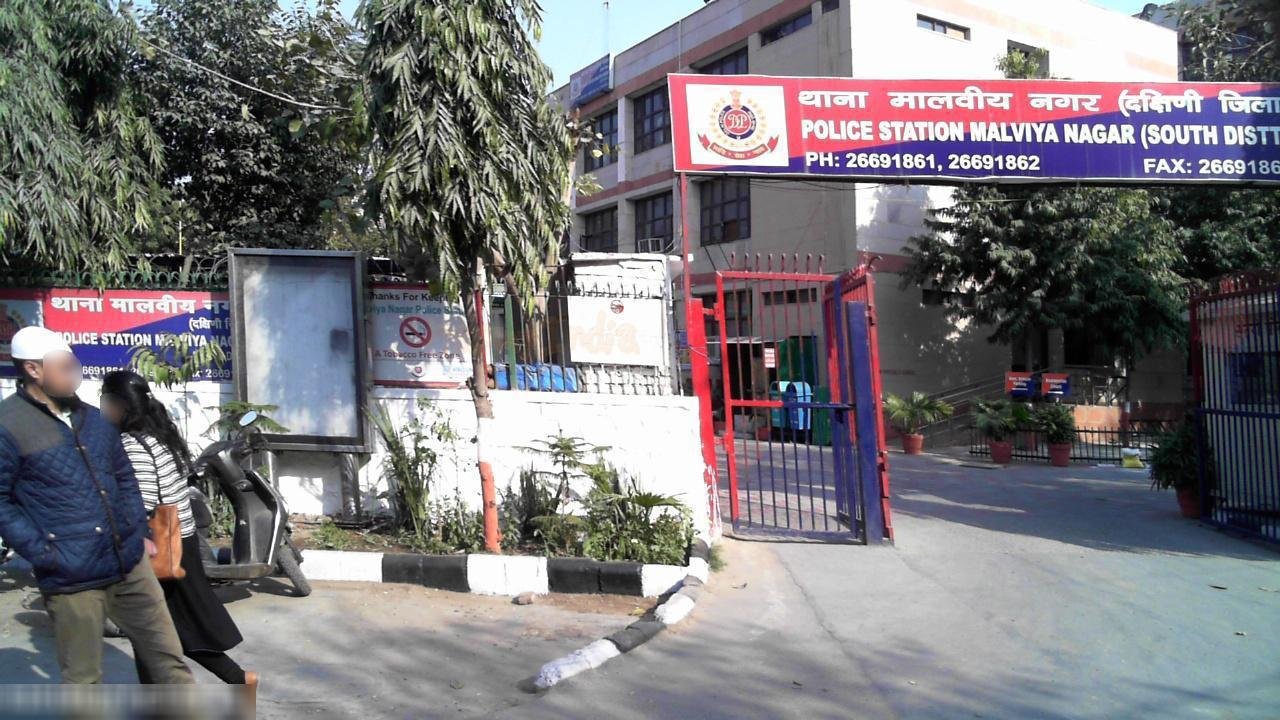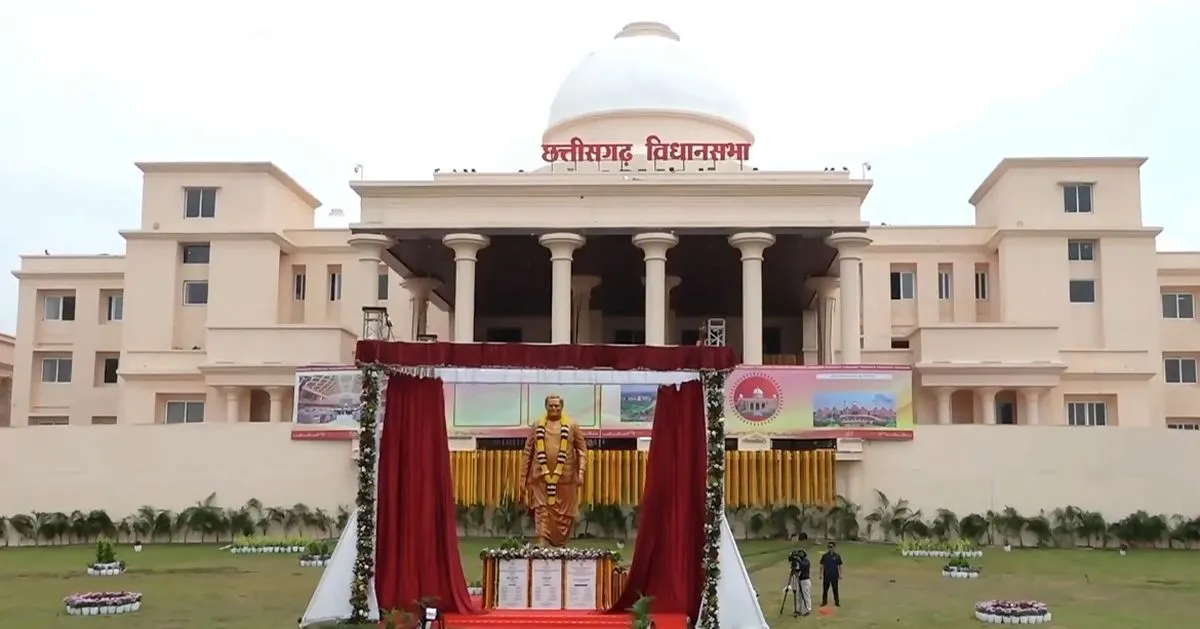New Delhi, April 29 — Discussions around women’s rights in India often center on recent movements and policies. However, the foundation of women’s workplace protections was laid long before independence by none other than Dr. B.R. Ambedkar. Known primarily as the architect of the Indian Constitution and a crusader for Dalit rights, Ambedkar was also one of the earliest legal reformers who championed the dignity and safety of working women.
In an era when women were exposed to unsafe, underpaid, and exploitative labor conditions, Ambedkar pushed for progressive labor legislation that recognized women not just as workers, but as equal citizens entitled to security and respect.
Early Legal Interventions for Working Women
During the 1920s and 1930s, women in India worked in harsh environments — from factories and mines to agricultural fields — without adequate legal safeguards. Ambedkar identified this injustice early and actively worked, both as a public intellectual and as a legislator, to change the system.
When he became Labour Member of the Viceroy’s Executive Council (1942–46) and later the first Law Minister of independent India, he introduced a series of groundbreaking laws and policy interventions aimed specifically at protecting women at the workplace.
Major Laws and Legal Provisions Championed by Ambedkar for Women Workers:
1. The Factories Act, 1948
Drafted and implemented under Ambedkar’s legal oversight, this law laid down critical protections for women:
- Prohibited night shifts for women to ensure safety.
- Mandated maternity leave and rest periods.
- Required clean restrooms and rest areas specifically for female workers.
- Regulated work hours, especially for pregnant or nursing women.
2. The Mines Act, 1952
This law addressed the dangers of mining labor and included gender-specific safeguards:
- Prohibited women from working in underground mines.
- Exempted pregnant women from mining work.
- Introduced health checks and safety norms for women in surface mines.
3. Foundation of the Maternity Benefit Framework
Though the Maternity Benefit Act was formally enacted in 1961, the conceptual groundwork was laid by Ambedkar in the 1940s.
- As Labour Minister, he pushed for paid leave and job protection for pregnant women.
- He famously stated: “To deny a working woman the right to motherhood is a form of social injustice.”
4. Equal Pay for Equal Work
Ambedkar was one of the first lawmakers to argue for wage parity between men and women.
- He directed the Labour Department to discourage gender-based wage discrimination.
- His principles later influenced the Equal Remuneration Act of 1976.
5. Right to Unionize and Participate in Labor Movements
Ambedkar supported the rights of women workers to organize and form trade unions.
- He endorsed union participation by women and encouraged their leadership in labor movements.
- In 1942, under his tenure, female-led labor unions were given legal recognition.
Dignity at Work: A Core Vision
For Ambedkar, workplace dignity for women was not merely a matter of safety or health — it was about equal citizenship. He believed that no nation could progress without ensuring full dignity and protection for its women. He often said:
“If you want to measure the progress of a society, look at the condition of its women.”
This philosophy permeated every labor law he helped create. Whether it was limiting work hours, ensuring safety, or protecting motherhood, Ambedkar treated women’s rights as fundamental human rights.
Long-Term Impact of Ambedkar’s Vision
Today, as India grapples with rising reports of workplace harassment, wage inequality, and informal labor exploitation, Ambedkar’s vision remains strikingly relevant. His insistence on legal protection for women, even in difficult industrial environments, was far ahead of its time.
His work also laid the legal foundation for debates on:
- Sexual harassment at the workplace (later addressed by the Vishaka Guidelines and POSH Act, 2013)
- Maternity rights and childcare provisions
- Equal employment opportunity policies
Ambedkar’s Broader Fight for Gender Justice
Ambedkar’s advocacy was not limited to labor laws. He also drafted the Hindu Code Bill, which sought to grant women equal rights in marriage, inheritance, and property. Though the bill faced opposition and was not passed in his time, it inspired later reforms in family law that benefited millions of women.
Conclusion
Dr. B.R. Ambedkar wasn’t just the champion of the Dalit community or the framer of India’s Constitution — he was the legal pioneer of workplace justice for women. His laws and principles gave working women the right to be safe, respected, and equally valued in India’s economic fabric.
To overlook Ambedkar’s contributions to women’s workplace rights is to ignore a critical chapter in the history of gender justice in India. In a time when discussions around workplace equality are gaining global momentum, Ambedkar’s legacy serves as both a foundation and a guiding light.














Leave a Reply